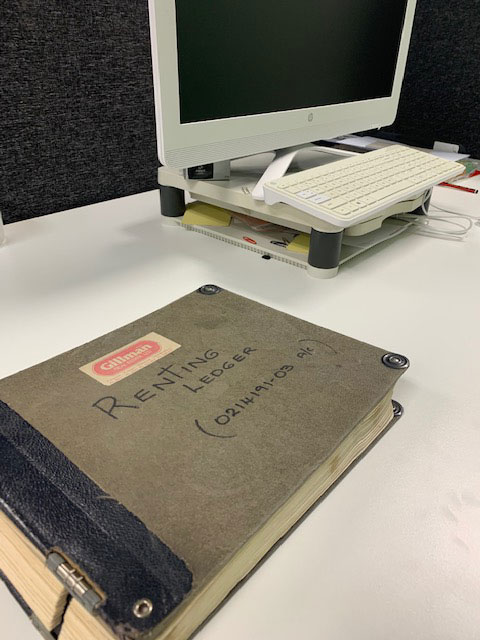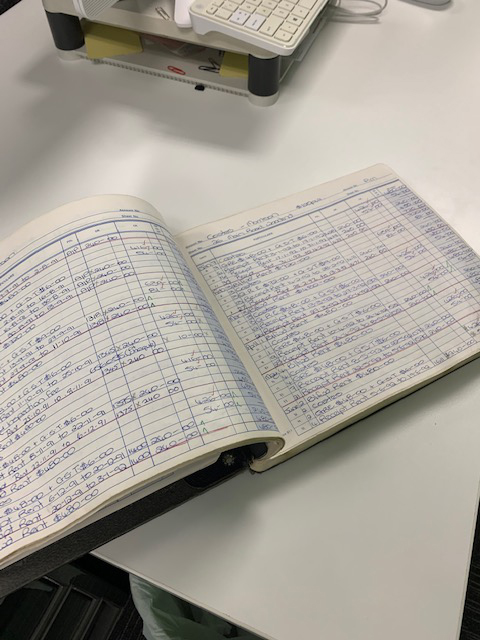New Zealand’s renting industry has changed dramatically over the last 40 years.
The Residential Tenancies Act (RTA) designed to protect landlords and tenants was only penned in the mid-1980s, before which, rental properties were largely managed by the landlords that owned them. Depending on who you ask, this made the sector a sort of wild west of real estate, with landlords and tenants getting away with all kinds of dishonest acts.
Let’s look at six ways the industry has changed since the mid-1980s.
1. Bonds weren’t collected
These days rental properties and their owners are protected by the bond payment tenants make. This is paid into the Residential Tenancies Trust Account (RTTA), and all things going well, returned to the tenant after a successful final inspection at the end of their tenancy, and their completing of a bond return claim.
It wasn’t until the introduction of the RTA in 1986 that processes and resources for bonds (and the Tenancy Tribunal) were created to protect landlords and their tenants from immoral practices.
2. Rent records were recorded using pen and paper.
As with most industries back in the day, the rental sector was an analogue environment and all rent records were recorded and balanced manually in ledger books. This was a means to an end, but a laborious and messy undertaking with little transparency for the different parties involved.

A renting ledger book from the 1980s, when Irelands was known as Gillmans.

3. Rents were collected by landlords, in person.
There weren’t computers with complex databases tracking rental payments in the ’80s, and you can sure bet there weren’t automatic payments transferring money from the tenant bank accounts to that of their landlord.
Landlords would commonly collect rents and chase arrears in person, knocking on the tenant’s door with varying levels of warning. On receiving payment (will that be cash, or cheque?), the landlord could open their rent receipt book and fill out a receipt for the tenant on the spot.
4. Property inspections weren’t commonplace.
Thanks to the RTA being created and the subsequent amendments to it, landlords now have a responsibility to maintain their rental properties up to a certain standard. Regular property inspections are a part of this, providing accountability on the tenant’s behalf and raising landlords’ level of awareness in regard to the condition of their property.
Once upon a time, property inspections were few and far between, often occurring just once or twice a year, if at all. Some tenants took advantage of this letting the home fall into a right state, and on the other hand some landlords were like ghosts and had no regard for the quality of housing they were providing their tenants (just so long as the rent was being paid).
5. Compliance requirements were non-existent
In the pre-RTA days, rental property compliance requirements were non-existent — there was nothing like the current Healthy Homes bill framework, or even basic requirements to have a form of heating in rentals.
It was down to the good faith of landlords to ensure their property was of a liveable standard for their tenants. In comparison, today’s tenants are well-looked out for by the current compliance requirements. And if landlords don’t keep up their end of the bargain as per the RTA, tenants have the right to take their grievances to the Tenancy Tribunal.
6. Landlords and tenants didn’t have property managers to rely on.
Back in the ’80s, Property management as a service wasn’t widely available as it is today. The majority of landlords went at it alone, without any outside assistance from a real estate professional.
These days, using a property management service is an attractive proposition for landlords and investment property owners. Having a trustworthy and professional property manager doing your bidding for you means you have more time to go about your own life and dwelling.
A good property manager will take care of listing your property when it’s vacant, dealing with the outgoing tenant and vetting prospective new ones, arranging maintenance and fielding emergency calls when something goes wrong. Good property managers can also assist landlords with Tenancy Tribunal claims to help settle disputes.
Learn more about what property managers actually do.
Or, drop us a line to see how we can help you get the most out of your rental property.
Images:
‘CND 30.729 – Milford Sound’ by Archives New Zealand via CC BY 2.0.
‘Gillmans Rent Ledger’ by Irelands.